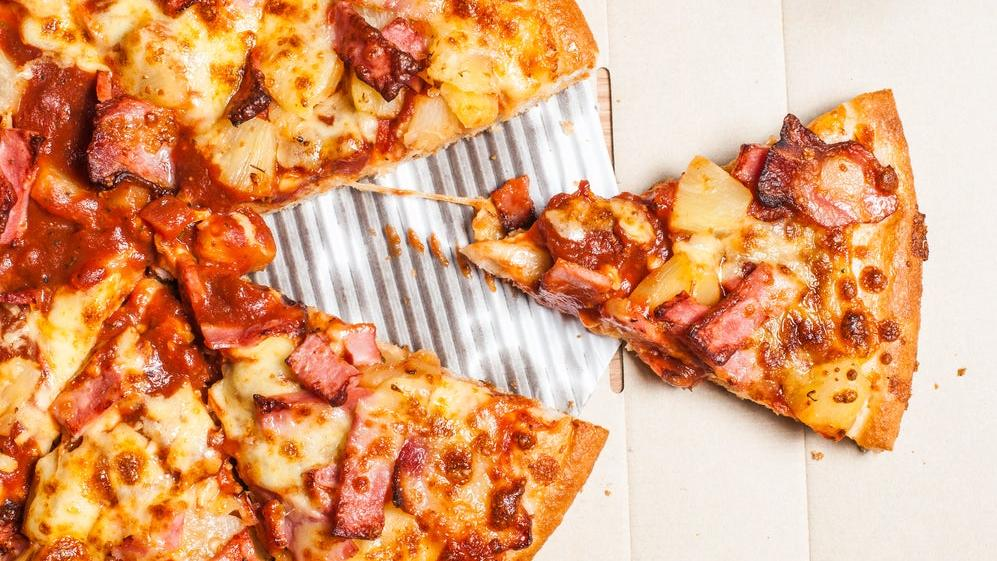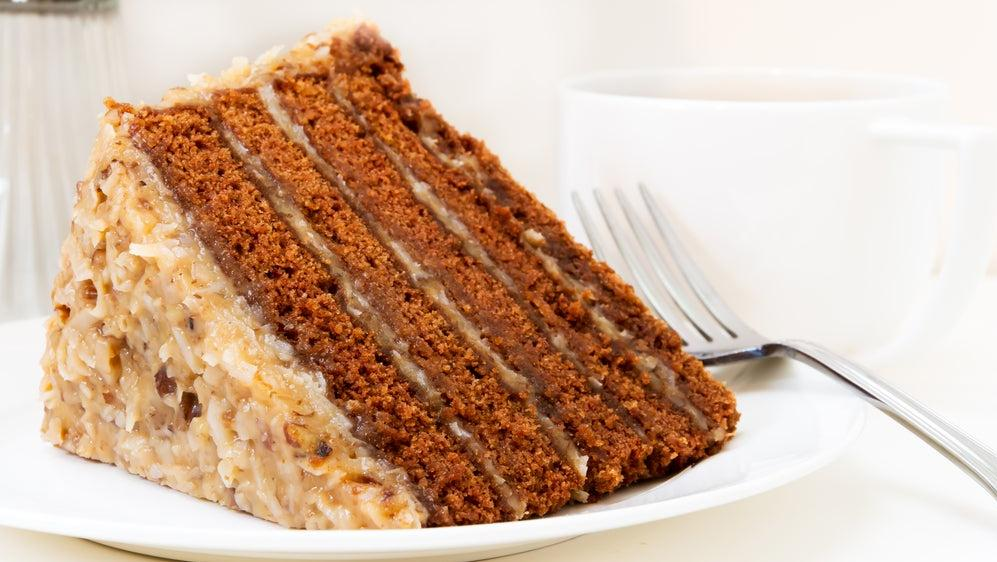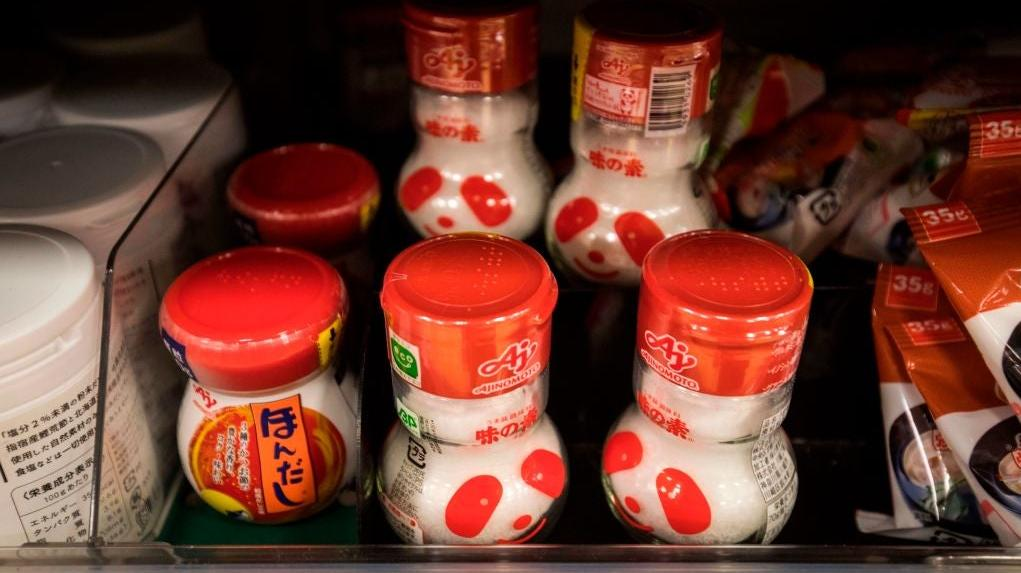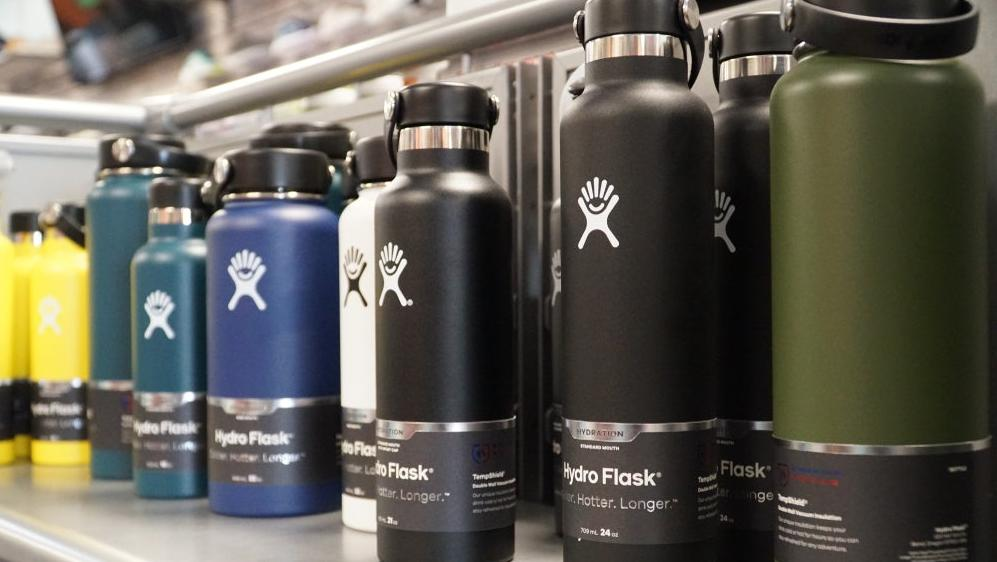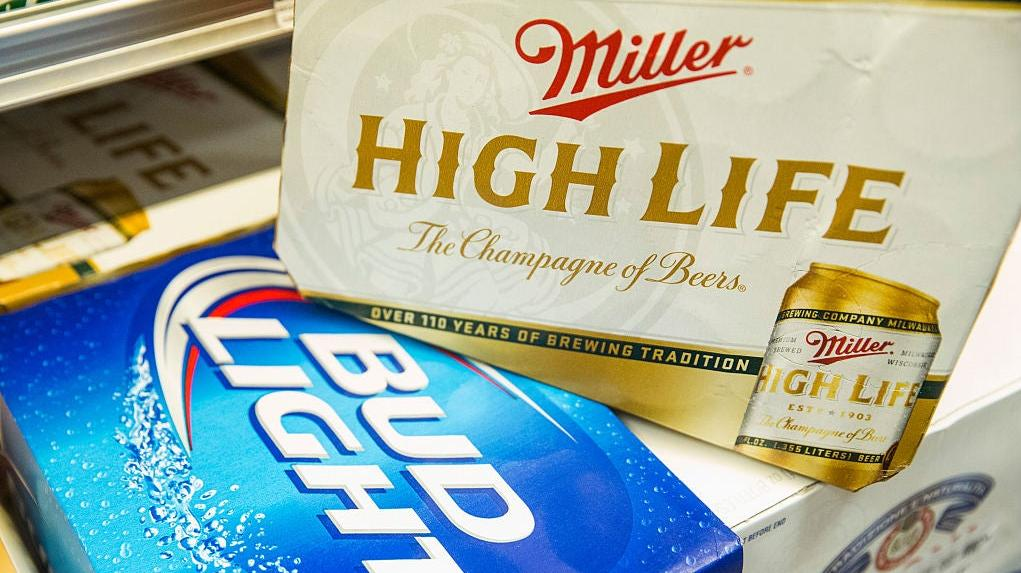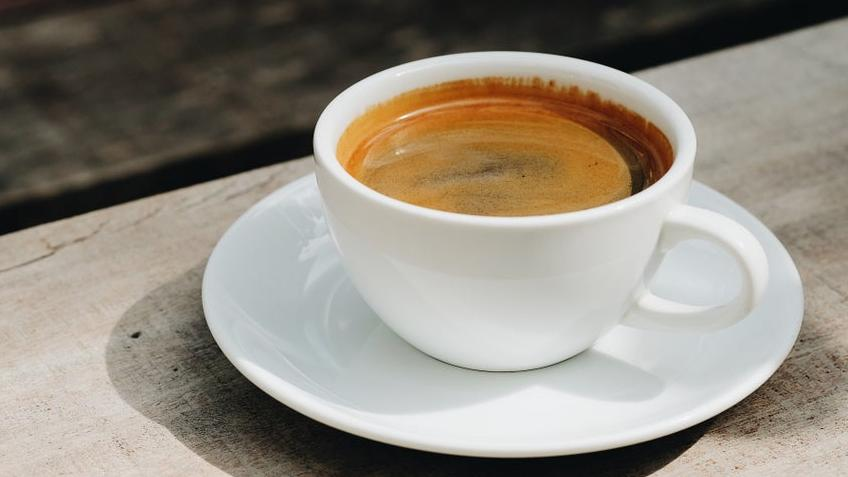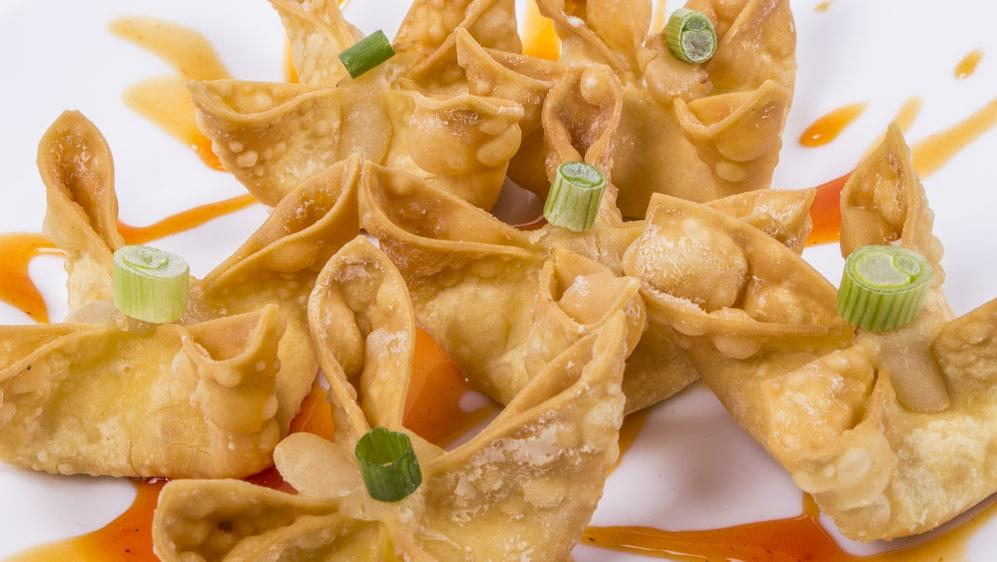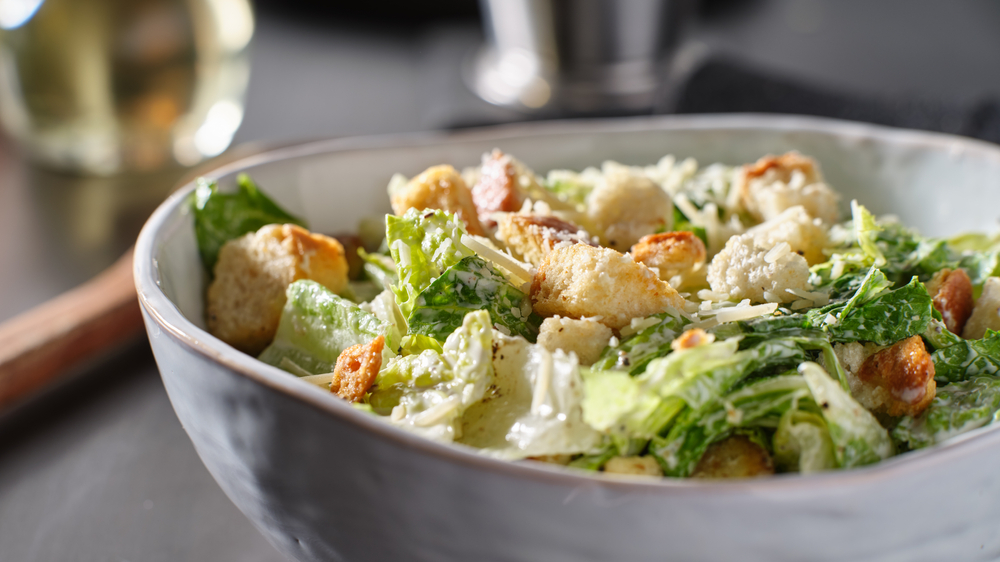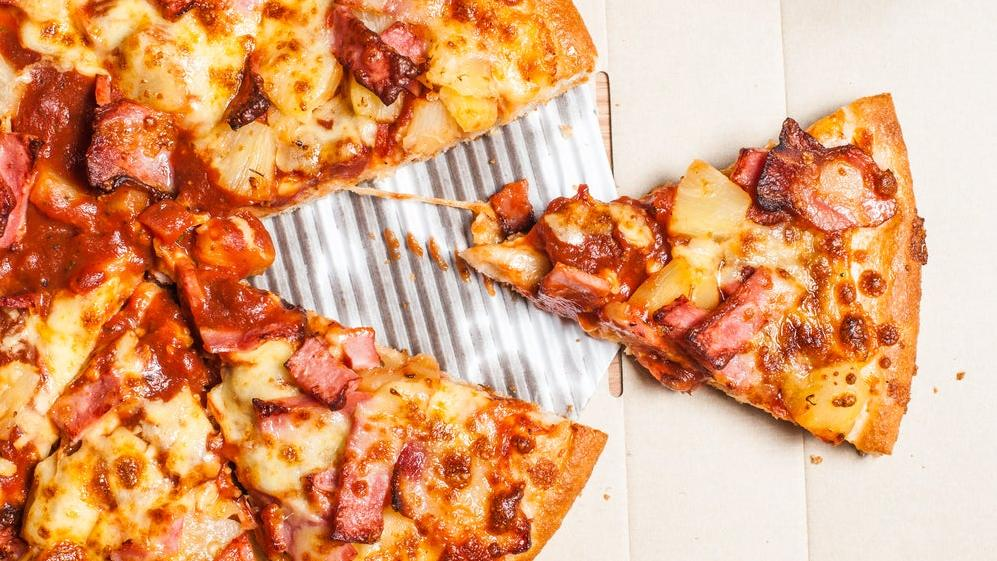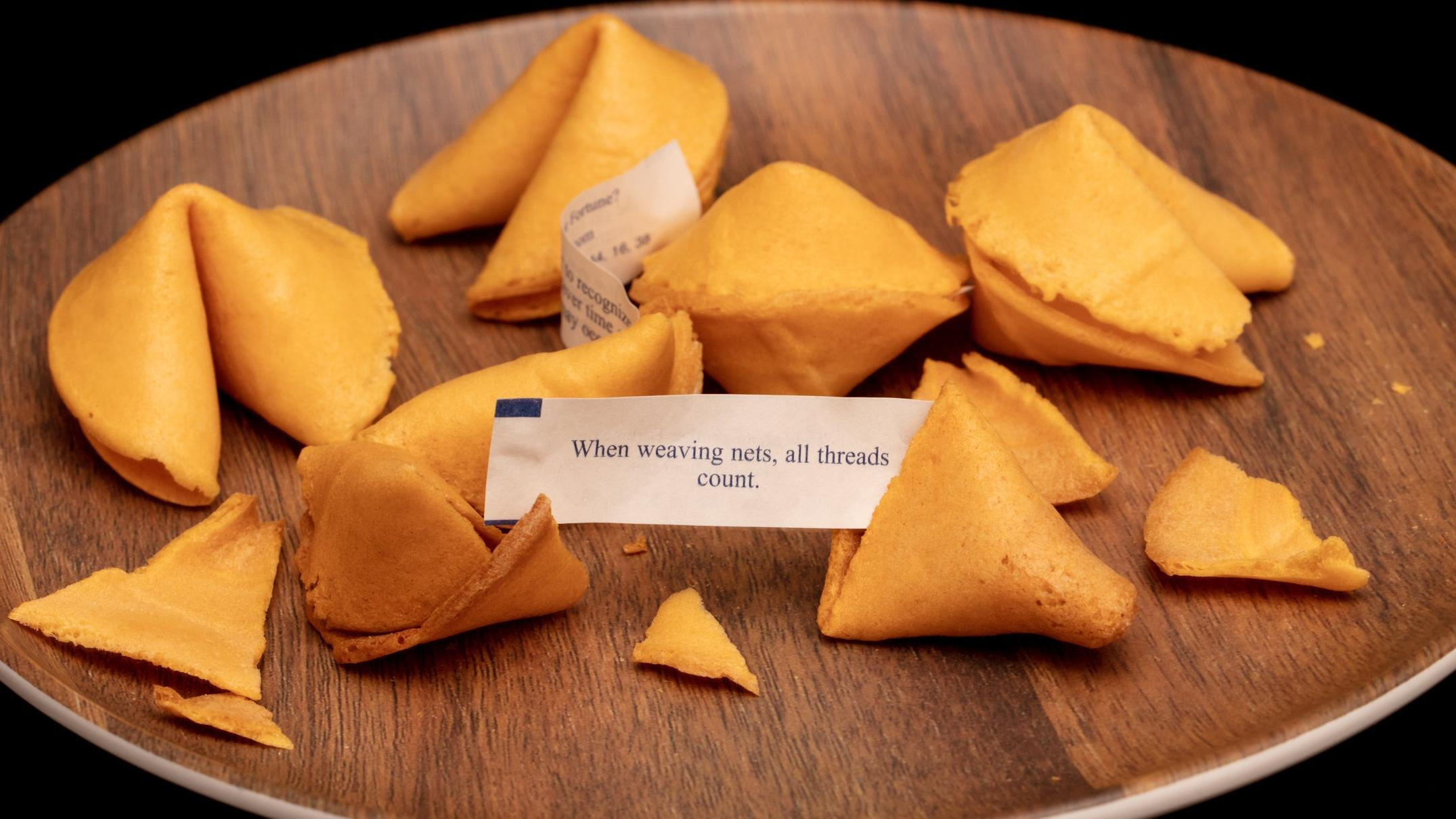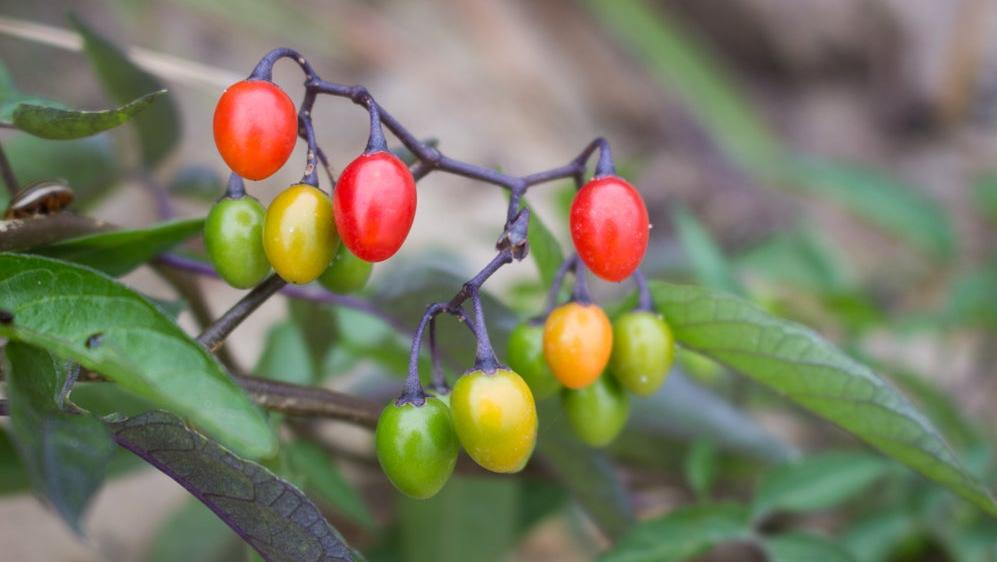10 Food Facts You're Wrong About
Do you really know where your German chocolate cake, Caesar salad, and crab rangoons originated?
Is your German grandmother's favorite chocolate cake the one with pecan and coconut slathered on top? Do you assume it's because she's German? You might be wrong, my friend. There are many foods that we commonly associate with a certain culture, history, or health benefit, and in many cases, we were given bad intel. Read on to learn about the foods you might just be wrong about.
“German chocolate cake is from Germany”
Perhaps you thought you were enjoying a German delicacy whenever you ate a piece of chocolate cake slathered in coconut pecan frosting. This is incorrect: So-called German chocolate cake is decidedly not German, but was rather invented in Texas, of all places. The "German" actually refers to the chocolate used in the cake: Baker's brand German's Chocolate. The reason for the possessive "s" on "German's" is that it was invented by a guy named Samuel German, who was at the time working for Baker's Chocolate Company. Adding to the layers of naming intrigue is that Baker's Chocolate wasn't even named for its use by bakers—it was named for its owner, Dr. James Baker.
“MSG is bad for you”
Although MSG, or monosodium glutamate, has long been believed to cause headaches, stomach pain, and other health issues, scientists have not been able to definitively link MSG to any of these adverse symptoms in multiple studies, according to the FDA. And because it lends an umami depth to many Asian dishes, MSG's erroneous connotations are, by extension, associated with Chinese food. Beyond Asian cuisine, however, MSG is actually in a lot of stuff you probably eat and don't think twice about, like Doritos, Cheetos, and Pringles. Its job is to add a deep savory note to various foods, and you can purchase it by the jar at the grocery store to achieve the same flavors in your home cooking.
“You need to drink 8 glasses of water a day”
Water is good for you. Great, even. I have a glass sitting next to me right now, waiting to be consumed! But do you really need eight glasses every day? Or even a whole gallon, as many believe? You might, but you also might not. Our 2022 investigation found that the amount of water people need to consume daily depends on plenty of factors that are individual to each of us, such as our size, where we live, our metabolism, and how active we are. And that's not all: A registered dietician explained to The Takeout that it's not just water that keeps us hydrated. Other consumables like food, tea, coffee, and milk contribute to our hydration levels. We don't need to give up on water (no need to abandon your beloved Stanley cup), but you don't need to obsess over that eight cups a day figure, either.
“You can’t re-chill beer”
Once while I was at a friend's house, the mom declared she needed to throw out an entire case of beer. I was in my early twenties and poor at the time, and I thought the very idea of beer disposal was balderdash. "I let it get warm, so my daughter said it'll get skunked if I chill it again!" she said. Luckily for all involved, this common misconception just isn't true. Beer experiences many shifts in temperature throughout the shipping process. The "warm" or room temperature beer you buy at the store was likely once cold itself, so it's fine to stick it back in the fridge to get chilly.
“Hot drinks actually cool you down”
Although spicy food can make a person perspire, thus ultimately cooling them down, a warm drink does not have the same impact on our bodies. Douglas Casa, professor at University Of Connecticut and a thermoregulation expert, told The Takeout in 2018 that drinking hot drinks in the summer to stay cool is "a very inaccurate old wives tale." "Drinking warm beverages will warm up your body temperature," Casa said. "Conversely, drinking cold beverages will help to cool you down, which is very valuable during intense exercise in the heat."
“Crab rangoon is Chinese food”
Crab rangoon can be found on many American Chinese menus, but the dish, which features imitation crab meat and cream cheese inside a deep-fried wonton wrapper, was invented by Victor Bergeron, founder of Trader Vic's. Legend has it that Bergeron loved to play around with recipes and was likely tinkering with cream cheese, crab meat, and wontons when he struck gold with the combination of all three. For what it's worth, Trader Vic's also claims to have invented the Mai Tai.
“Caesar salad is named for Julius Caesar”
Though many assume the name Caesar salad is in honor of the famed Roman statesman—this Ree Drummond recipe is even called "Julius Caesar Salad"—the fact is that the salad was simply invented by a man named Caesar Cardini, an Italian chef who, at the time, was living in Tijuana, Mexico. The salad was reportedly originally envisioned as a finger food, with the romaine lettuce left intact and dipped in the dressing.
“Pineapple pizza is a Hawaiian thing”
Pineapple pizza—a divisive topic—is associated with Hawaii because, when paired with ham or bacon, it often appears on menus as "Hawaiian Pizza." But this combination of toppings actually rose to prominence in Ontario, Canada, as the brainchild of Greek chef Sam Panopoulos. Adding canned pineapple and ham to a pizza was, in his words, an experiment. The creation wasn't named for its connection to Hawaiian cuisine, but rather for the brand of pineapple Panopoulos used on the pizza.
“Fortune cookies are traditional Chinese treats”
Although it's rare to go to a Chinese restaurant in America without receiving fortune cookies at the end of the meal, the cookies don't really have Chinese roots. The treat is believed to be a creative riff on a Japanese cracker called the "tsujiura senbei," or "fortune cracker."
“Nightshades are deadly”
As Laura Wheatman Hill wrote for The Takeout, nightshades "sound like they belong in a witch's brew or medieval poison, or like something that can be used to trick the Capitol into letting both you and your fake boyfriend win The Hunger Games." Nightshades may conjure images of scary mushrooms, but alas, they are, for the most part, harmless, and part of a healthy diet. They include tomatoes, potatoes, and eggplant, and they have to be consumed in very high quantities to be harmful.
